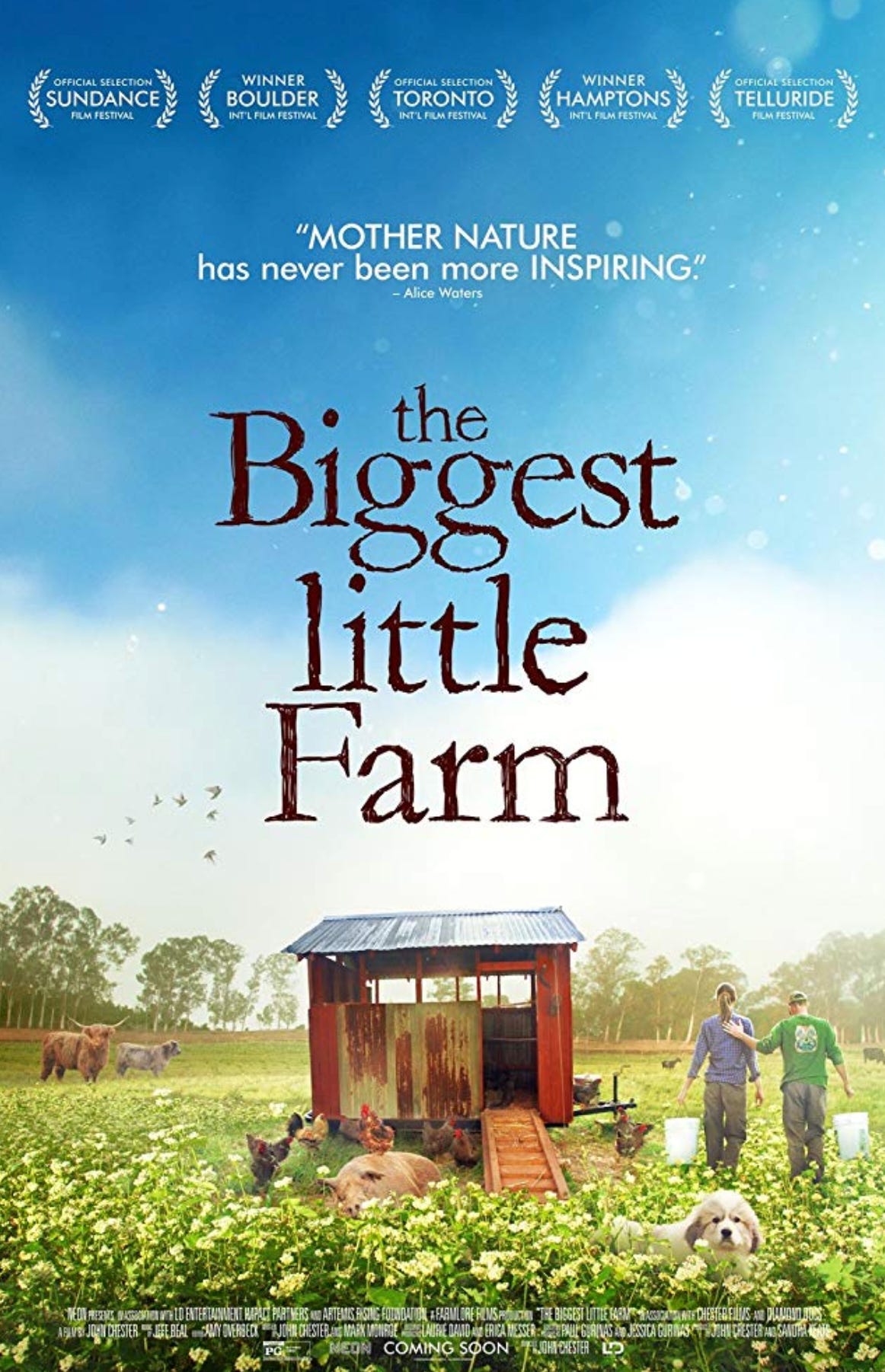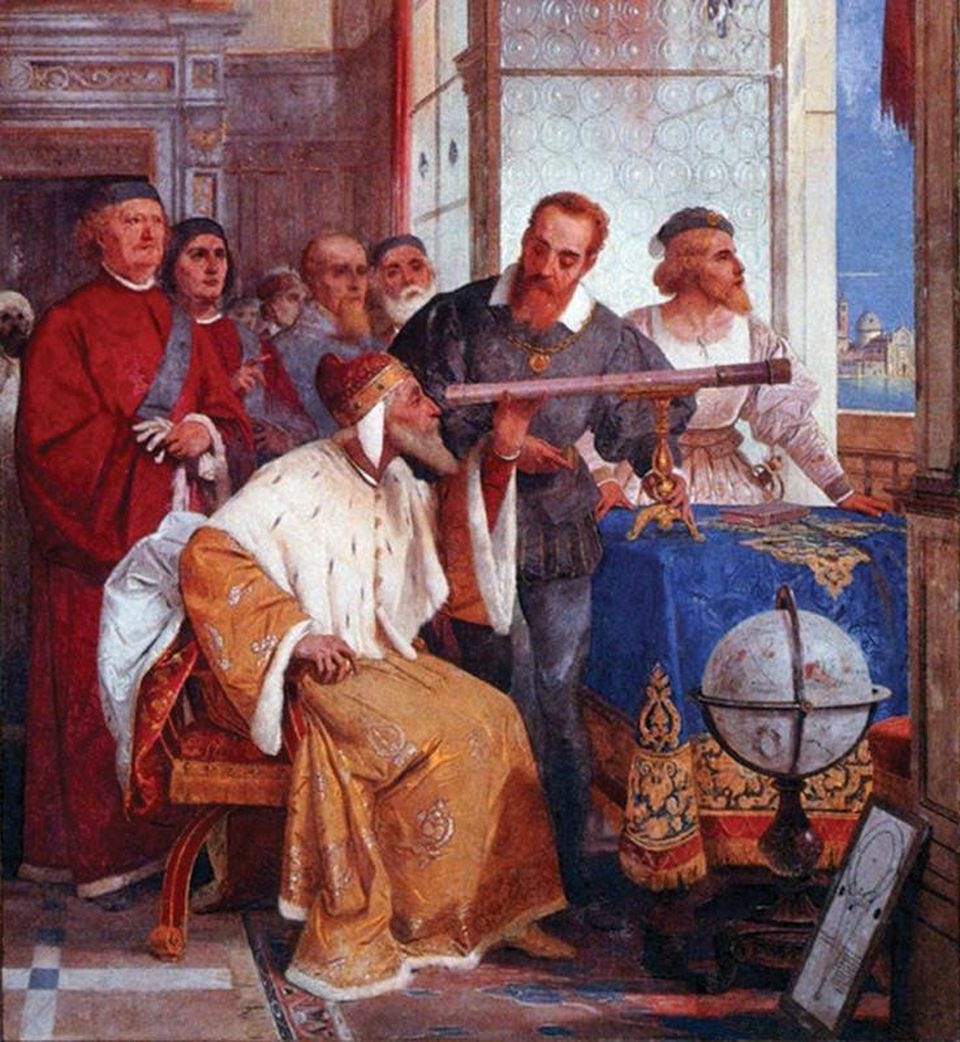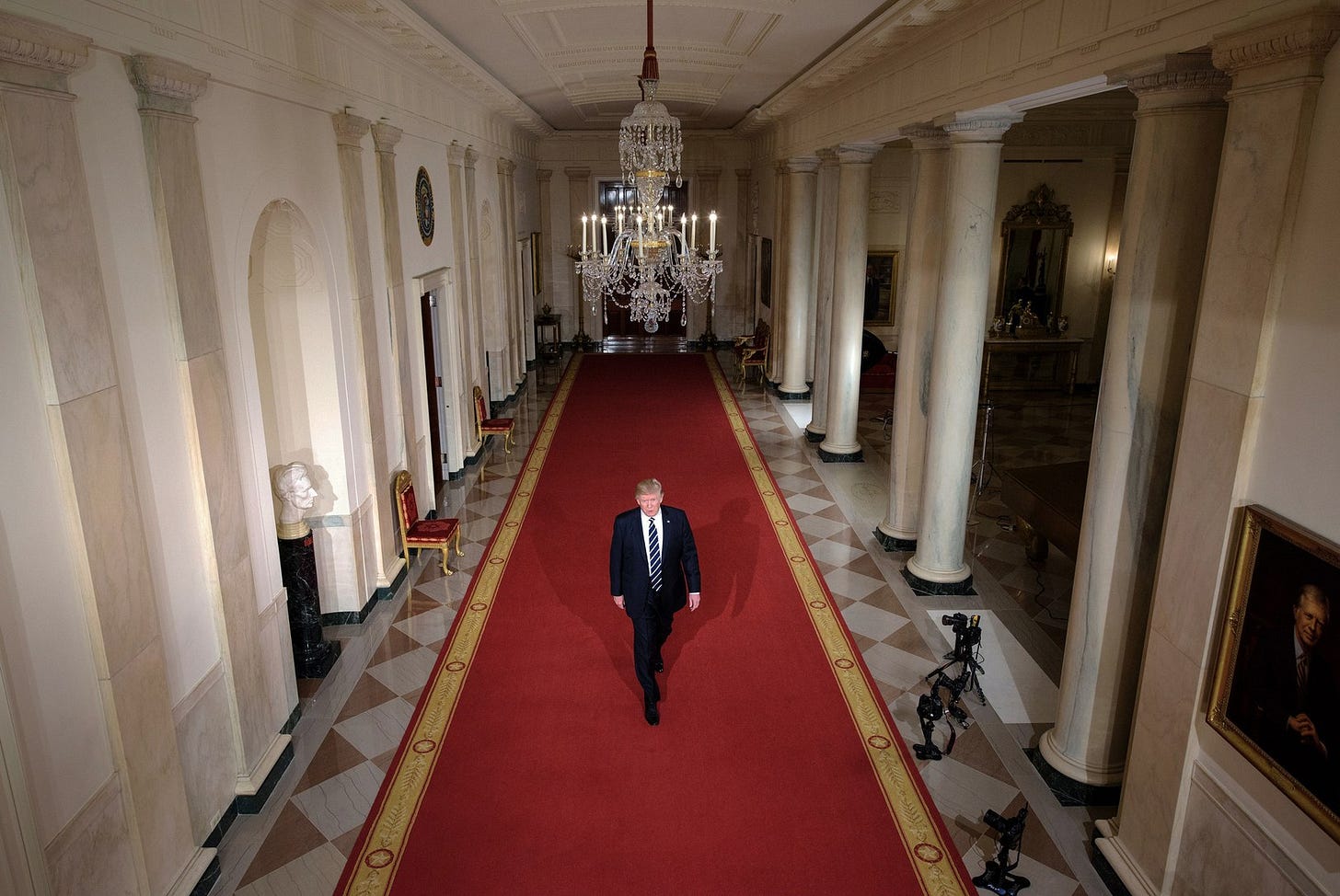
I’m profoundly inspired by people who reflect on their lives, discover that they’d rather be doing a whole big something else, and then up and go start doing that Big Something Else. They seem to remember and feel more than most of us: that they only have one life and that they’ll be dead soon, so even the prospect of failure at Big Something Else isn’t enough to deter them. Want a truly magical example of what I’m talking about? Watch the Biggest little Farm. Bonus: you’ll see interdependence come to life.

Did you know that confirmation bias is one of our biggest bugbears, character-wise? That if we didn’t have it, we’d be way more intelligent as a species and wouldn’t do such stupid things such as neglecting climate change until it’s too fucking late? Did you also know that Galileo, a man who revolutionized science and our place in the universe, said this about confirmation bias way back in 1632:
In the long run my operations have convinced me that some men, reasoning preposterously, first establish some conclusion in their minds which, either because of its being their own or because of their having received it from some person who has their entire confidence, impresses the so deeply that one finds it impossible ever to get it out of their heads. Such arguments in support of their fixed idea as they hit upon themselves or hear set forth by others, no matter how simple and stupid these may be, gain their instant acceptance and applause. On the other hand whatever is brought forward against it, however ingenious and conclusive, they receive with disdain or with hot rage––if indeed it does not make them ill. Beside themselves with passion, some of them would not be backward even about scheming to suppress and silence their adversaries.
When you read about confirmation bias, how quickly do you think to yourself, “sucks for those people, but I’m confirmation bias free”?

Why do lots and lots of people pretend they don’t care about Character?
“On November 4, 2008, Barack Obama beat John McCain by nine and a half million votes and became the country’s first African-American President. In 2016, Donald Trump, an unapologetic racist, lost the popular ballot by three million votes but, thanks to the antediluvian rules that still govern our voting system, succeeded Obama in the Oval Office. Understanding the role of racism and its persistence in this dismal pivot will be as central to our understanding of our times as it was to our understanding of Reconstruction.
What’s curious is just how many people have resisted seeing squarely Trump’s racism, his shrewd exploitation of animosity, hatred, and division for political advantage. Trump is hardly a man of subtle concealment. W. E. B. Du Bois wrote that Andrew Johnson’s unwillingness to enact policies to give freedmen land, a decent education, or voting rights resided, first and foremost, in “his inability to picture Negroes as men.” Trump’s hostility toward minorities and his capacity to signal that hostility to others has never been a secret. This quality is central to his politics and his appeal….
Republicans and Independents, evangelicals, and many others who might have voted for Trump in 2016 will eventually have to ask themselves whether it is possible to go on believing that he is a man of sufficient character to hold the Presidency. They will have to ask themselves what it means to overlook his racism and what this says about them. How can they believe it is possible to support a racist and escape that in themselves? Or will they pronounce themselves, as the Treasury Secretary, Steven Mnuchin, did, “not concerned”?
The present moment is never fixed, or not for long. History is in the hands of members of Congress who have the option to collude or impeach, go along or resist; it is in the hands of citizens who can vote or stay at home. In 1989, we lived the illusion of unstoppable democratic advance. Democratic values have since receded. In 2008, we enjoyed the illusion of racial progress. Today, Donald Trump is in the White House.
“The slave went free; stood a brief moment in the sun; then moved back again toward slavery,” Du Bois wrote in his great study, “Black Reconstruction in America.” Then came the Second Reconstruction, better known as the civil-rights movement. Now we are where we are. What’s next is entirely up to us.” ~ David Remnick
Currently Reading:




